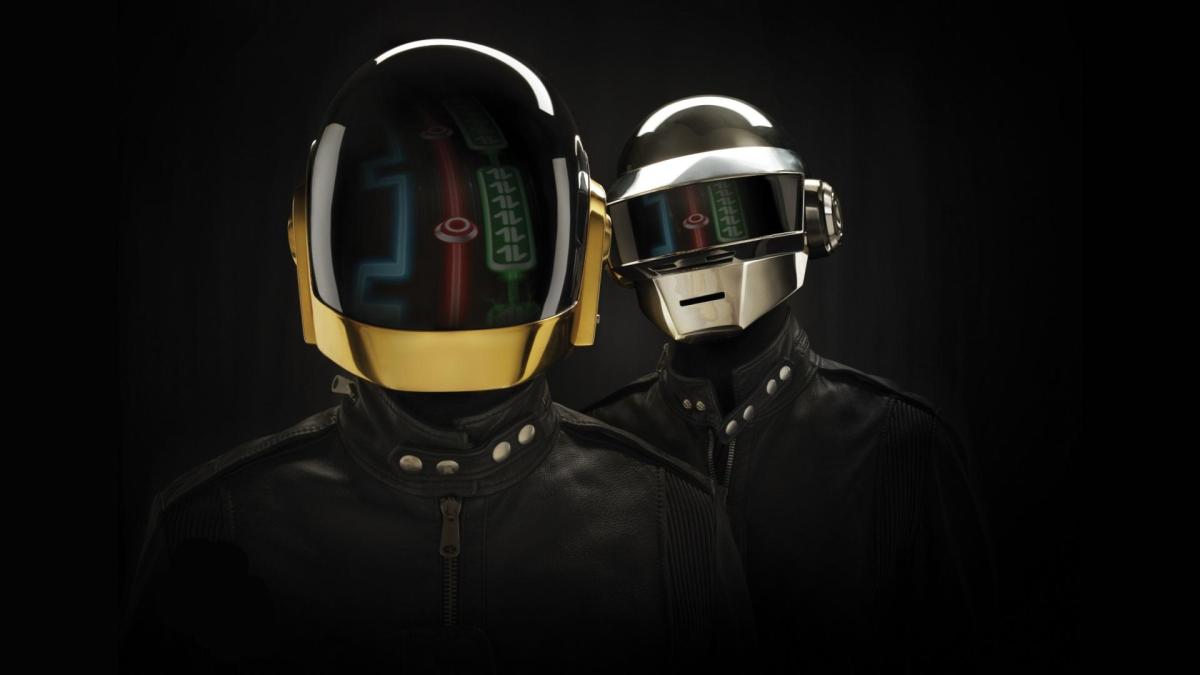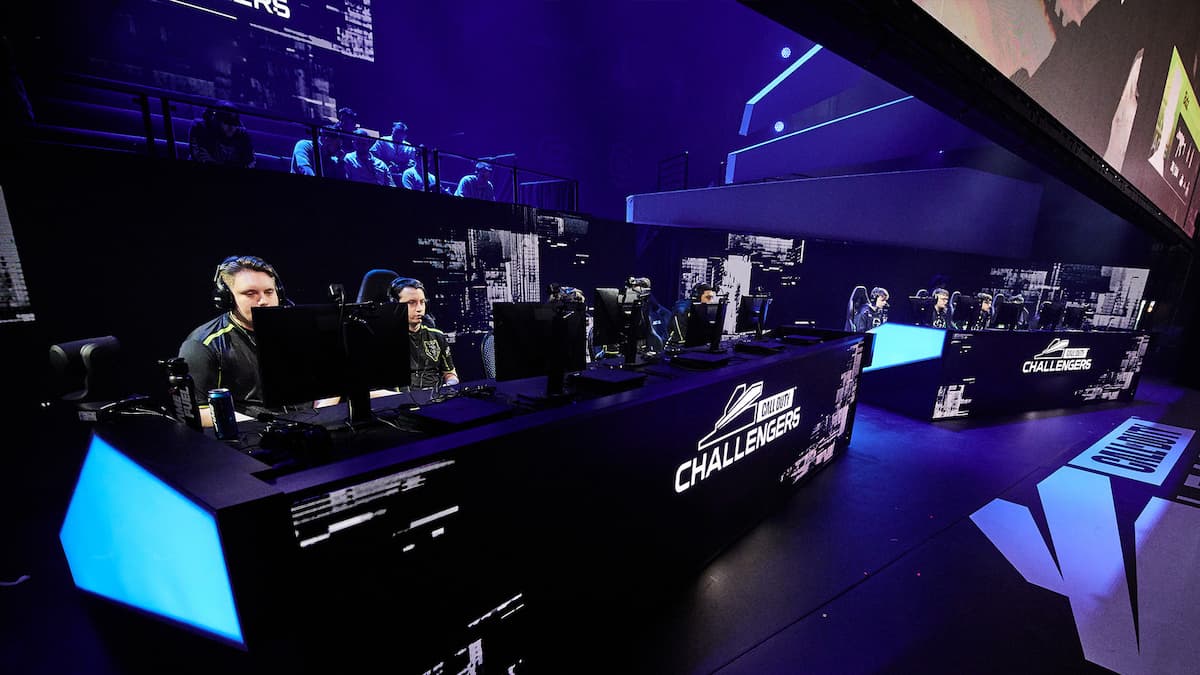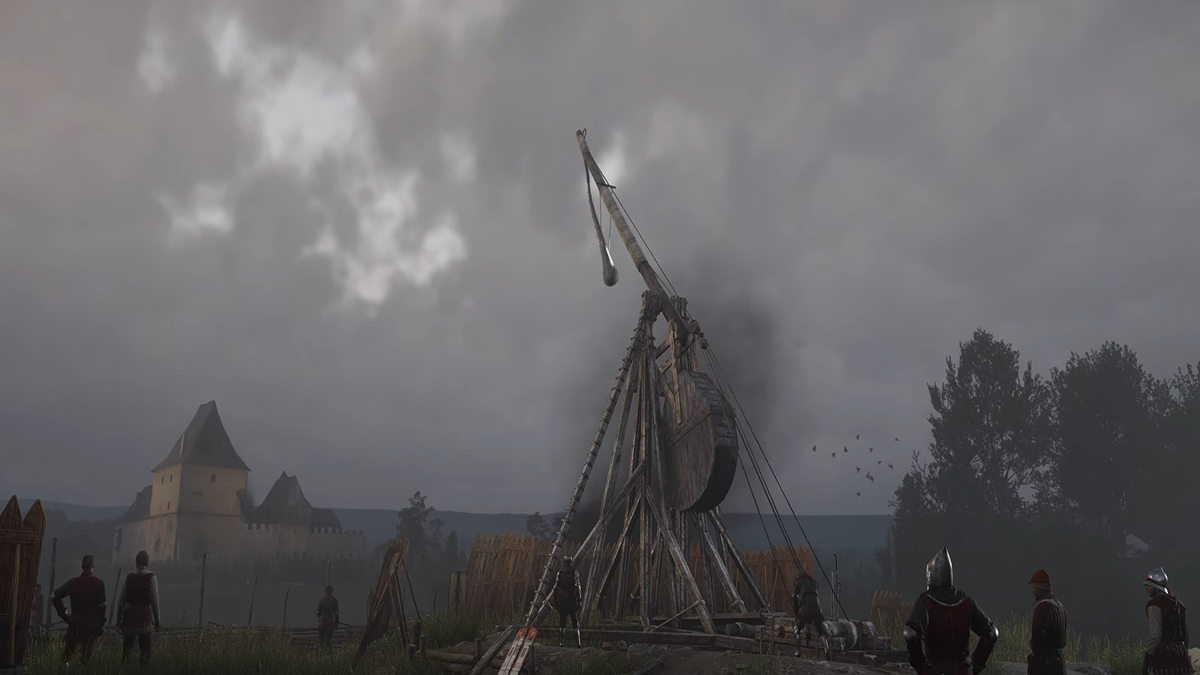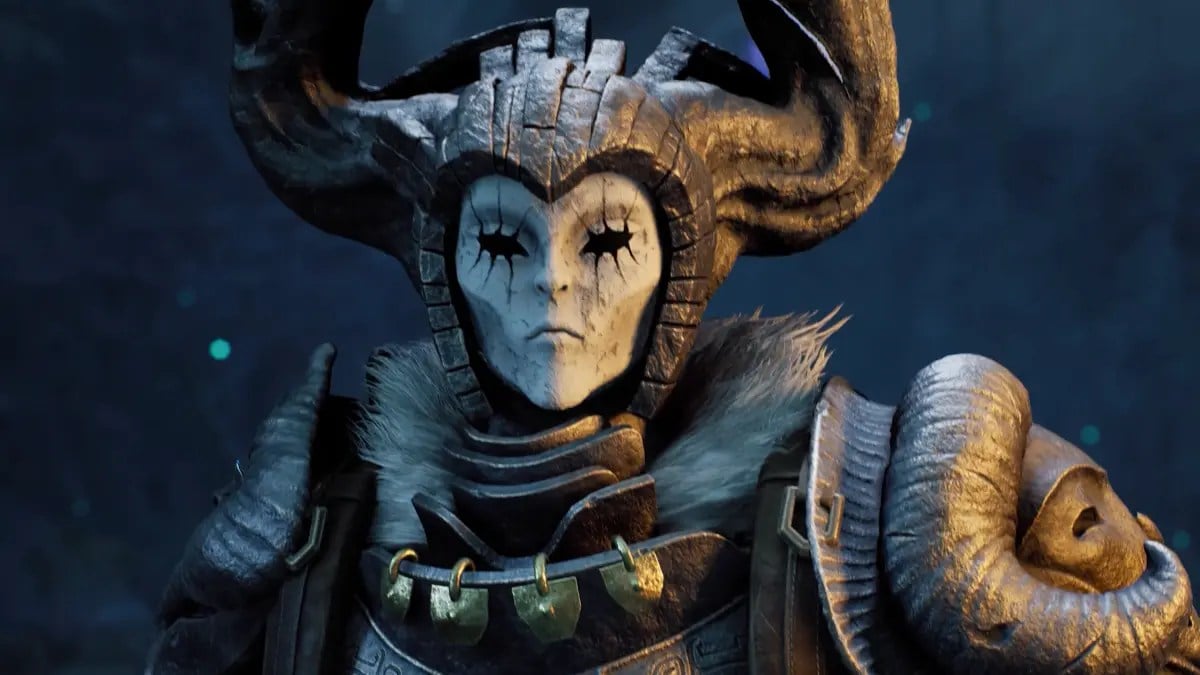Promoted from our community blogs!
[After the great plastic peripheral war, there were very few survivors and fewer parties willing to pay reparations. KingSigy laments one of the smaller, lesser known casualties of this war. A small nation known on the global stage as DJ Hero. While the ravages of war brought on waves of stagnation from other rivals, Sigy remembers some of the fresher ideas DJ Hero actually brought forth before its life was cut short. ~Strider]
Rhythm gaming first took the world by storm in 2005, when relatively unknown company by the name of Harmonix brought Guitar Hero into the public conscious and blasted itself toward stardom. The mixture of an old-school arcade mentality infused with classic rock tunes led to an immensely popular debut that would see the series continue for several years.
I jumped on the bandwagon in 2007, when Guitar Hero II was released for the Xbox 360. While I never fancied myself an actual rock star, I had some previous experience using a guitar and I appreciated songs I admired were getting more recognition. It also felt super cool to nail insane solos without breaking a sweat.
Most of my time in college was spent playing Guitar Hero in one form or another. Its sequel, or the highly-polished third entry, gained more of my attention in 2007 than any other game or series. While the success of the franchise showed the games industry that graphics weren’t that important in making lots of money, the brand eventually began to stagnate. There is only so much you can do with the formula before people realize they’ve had their fill.

Harmonix seemed to catch on to this after creating the second game. The studio did not sign with Activision to produce the third and instead went on to make Rock Band, the biggest competitor to the Guitar Hero franchise. The business model was also dramatically better; instead of creating yearly sequels, Harmonix opted to utilize the online connectivity of newer consoles to continually produce extra content for the game.
Activision copied that idea, but still put out a staggering amount of games with Guitar Hero branding. Handheld consoles got installments, cellphones weren’t free from virtual shredding, and there was even a spin-off series focused more on hip-hop and dance music.
That is where my interest truly piqued. I’ve always been a fan of classic rock and I love heavy metal, but to hear modern pop songs and classic hits mashed together in some freestyle kind of insanity was just golden. It encapsulated everything I liked about the internet era of music discovery with a style of gameplay that I had quickly grown to love.
Enter DJ Hero, Activision’s attempt to branch out the Hero name to reach wider audiences. The entire genre was quickly on the decline, but this didn’t stop Activision and Freestyle Games from attempting something different.

DJ Hero was a more back to basics approach to gameplay progression mixed with some popular artists and DJs that were remixing classic dance tunes alongside some rock and metal hits. It created a strange, dissonant sound that felt comfortable in the space of gaming.
It also had a much more structurally solid controller and gameplay that totally emphasized high scores and never-ending combos. Different ideas, like rewinding and cross-fading, also put a greater emphasis on player interaction within each track. Gone were the days of pretending to be a star; you were now given some control over what the music sounded like.
The sequel, DJ Hero 2, improved almost every aspect of the previous game. The visuals were cleaner, the audio was better mixed, and the soundtrack was even more solid (despite its omission of Daft Punk tunes from the first game). DJ Hero 2 focused more on rocking clubs and EDM, but its gameplay was as frenetic and score happy as before. It also didn’t hurt that the multiplayer was greatly expanded. While credit needs to be given to the developers for attempting to not nickel and dime their consumers (the original DJ Hero has a mode that allows a player with a Guitar Hero controller to play along), having multiplayer that actually utilizes the new-fangled controller just makes more sense.
Each mode feels like an intense duel with a potential usurper. Score and accuracy are dominant alongside tracks mixed specifically to up the ante with each successive checkpoint. It brought a cut-throat attitude to competitive play that had long been missing in the rhythm game genre.

Sadly, 2010 marked the year that showed this type of game couldn’t sustain itself. The influx of releases and more costly instrument peripherals turned any newer customers off. While they were happy with buying one “toy” and sticking with it, collecting a virtual band in your house was too much. Not to mention that Guitar Hero was releasing games that focused on specific bands and having redux packages of older content, but Rock Band had started to come out with “track packs” and games dedicated to the career of specific artists (granted, The Beatles are fairly important).
For what it’s worth, I still believe DJ Hero was the best thing to come out of that explosion of popularity. Guitar Hero also felt a little cheesy to me and a bit insulting to actual musicians. People who had no intention of picking up actual instruments or no understanding of what went into making music treated these songs like simple levels.
I remember playing a song by Rush and explaining to my friends how I saw them live and had been a fan for most of high school, but they couldn’t care less. To them, Rush was the song with the hard drum section and female singer. It was infuriating to me.

With DJ Hero, it didn’t matter if you didn’t care about the artists or the songs on offer. The game required you to be more active in what was going on. You couldn’t simply sit there with controller in-hand and bang through a few songs; you had to pay attention to your cross-fader, work on maximizing your note streak for potential rewinds and add your own personal flair (via samples) to up your score.
The shift in focus from a slightly more involved spectator to a remix guru just made everything feel more rewarding. Despite the track list being the same for everyone, the way you heard the song belonged to you. It truly made me want to consider being a DJ as a career path. While I never went down that road, I started a friendship with a DJ at a club out of my amazement for what he was able to create. Those songs weren’t his, but the way they were played was wholly his invention.
DJ Hero perfectly encapsulated the atmosphere of the club scene while making the player feel like the star of the show. It didn’t hurt that Daft Punk leant their likeness to the original game and Deadmau5 signed on for the sequel either. DJ Hero was into a burgeoning music scene before it erupted into mainstream acceptance.
Sadly, the potential third game never transpired. Both Activision and Harmonix tried their hands at new Guitar Hero and Rock Band titles last year, but sales figures for both were underwhelming. People seem to have had their fun and want these games to fade into blissful memories.
It may be pointless to ask for another entry into the DJ Hero series, but I’d pay a lot to see a return to such vibrancy and joy within music gaming. If I’m going to pretend I’m any kind of star of a music game, at least it should be the game that actually gave me control over the sounds pumping through my speakers.





